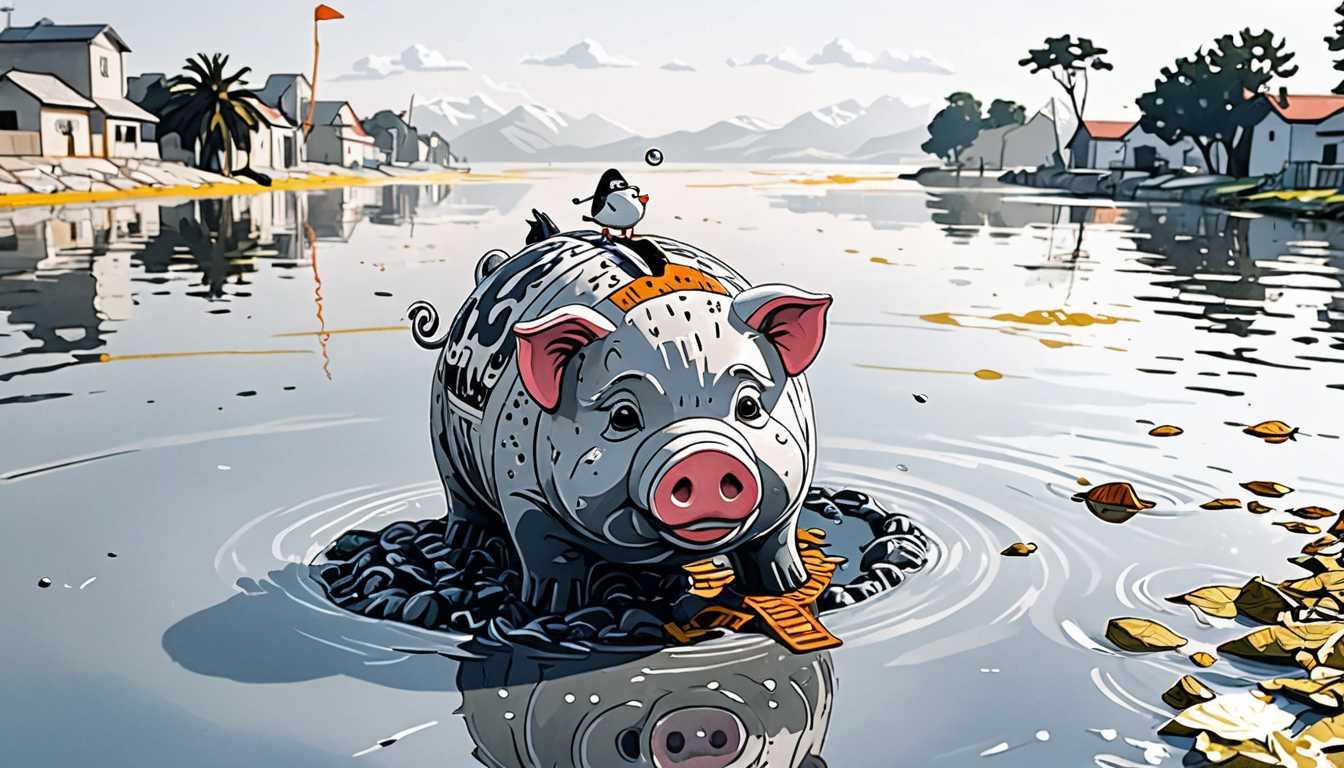Debt-for-Nature Swaps: Solution or Controversy?
July 2024
JSTOR Daily
Introduction
Hey there, future environmentalists! 🌍 Ever heard of debt-for-nature swaps? This article from JSTOR Daily dives into a financial twist where countries can trade a slice of their foreign debt for a promise to protect the planet. While it sounds like a win-win, it’s not all sunshine and rainbows—some argue it may infringe on a nation’s sovereignty! Intrigued? Check out the article to explore if this strategy is a brilliant solution or just another scam!
READ FULL ARTICLEWhy It Matters
Discover how this topic shapes your world and future
Navigating the Intersection of Debt and Ecology
Understanding the concept of debt-for-nature swaps is crucial as it highlights the intricate relationship between financial stability and environmental sustainability. As countries strive to transition to greener practices, they often face the harsh reality of crippling debt, forcing them to make tough choices that can negatively impact the environment. By exploring this topic, you uncover debates about how to balance development and conservation, which is a pressing issue on a global scale. This isn't just a distant problem, it affects ecosystems, wildlife, and communities worldwide—including your own future. Learning about these financial mechanisms can inspire you to think critically about environmental stewardship and social responsibility, empowering you to advocate for sustainable solutions within your community.
Speak like a Scholar
Debt-for-Nature Swaps
Financial deals where a portion of a country’s debt is forgiven in exchange for commitments to protect the environment.
Sovereignty
The authority of a country to govern itself and make its own decisions without interference from outside forces.
Ecological Coloniality
A term used to describe how wealthier nations can impose environmental policies on poorer nations, often disregarding their local needs and rights.
Biodiversity
The variety of different species of plants, animals, and microorganisms in a particular habitat, which is crucial for ecosystem health.
Conservation
The act of protecting and preserving natural resources, wildlife, and habitats to prevent degradation and extinction.
Financial Institutions
Organizations such as banks or investment firms that provide financial services, including loans and investments, to individuals or governments.
Independent Research Ideas
The Impact of Debt-for-Nature Swaps on Local Communities
Investigate how these financial arrangements affect the lives of people in debtor nations and their relationship with the environment. This research could reveal real-life stories of empowerment or challenge.
Comparative Analysis of Environmental Policies
Explore how various countries implement debt-for-nature swaps and their effectiveness compared to other conservation strategies. This study could highlight successful practices or unintended consequences.
Ecological Coloniality in Modern Environmental Policies
Delve into the concept of ecological coloniality, examining specific case studies where foreign influence has shaped environmental decisions in developing nations. This would provide insights into the balance of power in global environmental governance.
Biodiversity and Economic Stability
Analyze the correlation between a country’s biodiversity levels and its economic health, investigating whether investments in conservation lead to better financial outcomes in the long run.
Innovative Financial Solutions for Sustainable Development
Research emerging financial models that could potentially address both debt and environmental issues, such as green bonds or social impact investing. This exploration might yield new ideas for future sustainability initiatives.
Related Articles

Green Jobs: Youth's Key to Earth's Future
March 2024
London School of Economics (LSE)

Hybrids to the Rescue: Emission Solutions!
September 2024
Harvard Gazette

Unmasking Corporate Eco-Facades
December 2023
JSTOR Daily

Funding Future Resilience: Climate Adaptation Now
November 2024
LSE Business Review

Sustainable Investing: Profit or Planet?
October 2024
LSE Business Review